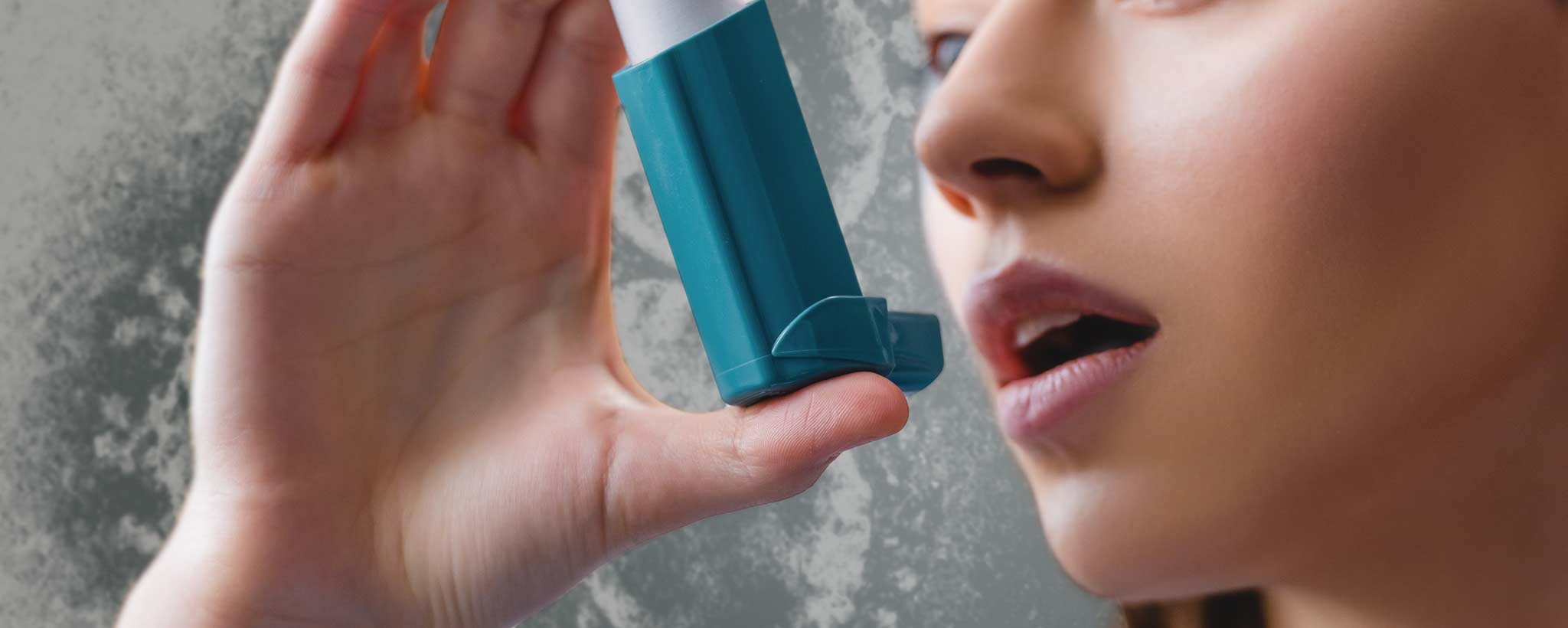Mineral buildup can lead to gallstones, kidney stones, or other problems.
A Swallow is Not Enough
The average person should drink about 8 cups of water per day—more if excessive fluids are lost through perspiration or diuretics. This averages to about a cup of water every 2 hours that you are awake.
There is a more specific formula for calculating how much water is recommended according to your body size. All this water keeps blood flowing and other bodily cells moving. It also allows you to dilute minerals and move wastes from your body.
Recommended Daily Water Intake By Body Weight
| Body Weight | 130 lbs (59 kg) |
150 lbs (68 kg) |
180 lbs (82 kg) |
200 lbs (91 kg) |
|---|---|---|---|---|
| Daily Water | 65 fl. oz. ≈8 cups (1.92 Liter) |
75 fl. oz. ≈9 cups (2.2 Liter) |
90 fl. oz. ≈11 cups (2.7 Liter) |
100 fl. oz. ≈12 cups (3.0 Liter) |
Aim to drink about half your body weight (pounds) in ounces. One cup is 8 ounces. A typical bottle of water is one-half liter (16.9 fl. oz.). Four bottles equal two liters (roughly 8 cups). During an 8-hour workday, you should be drinking at least one cup per hour. Do not exceed 16 cups (4 Liters) per day. Hyperhydration can be fatal. [1]
There is a tendency to sip just enough water to swallow a vitamin. Sublingual vitamins like B12 dissolve beneath the tongue. With either, we should drink water before or afterward. Vitamin and mineral supplements are dense nutrients. They require water for hydration to achieve solubility and to dilute their concentration.
High-potency vitamins need even more dilution. Imagine removing all the water from a cup of dishwashing liquid, so it is concentrated into a dry tablet the size of a vitamin. How much water do you need to dilute that tablet?

One 8-ounce glass of water is generally sufficient with one vitamin. But when we take a handful of vitamins and minerals, that single glass is insufficient. There is concern that mineral buildup might lead to gallstones, kidney stones, or other health problems.
Kidney stones can form if there is excessive uric acid in your urine. Eating large amounts of fish, shellfish, or meat, especially organ meat, can prompt this. The most common kidney stones are calcium stones. Within malfunctioning kidneys, excess calcium mixes with other waste products like phosphate or oxalate to form stones. [2]
Water-soluble vitamins do not accumulate in the body. Excess is expelled as vitamin-rich urine. Fat-soluble vitamins (A, D, E, and K) are retained by the body and stored in the liver, with possible health consequences. [3‑5] If you do not feel thirsty enough to increase water consumption, eat something salty, like nuts. The salt should trigger thirst.
Avoid extremes. Too much sodium in your diet can be as unhealthy as eliminating salt. Sodium is a critical electrolyte that, along with potassium and chloride, helps to deliver water to your body’s cells. A diet that is too low in sodium can increase your risk of dehydration. [4]
Some people go days or weeks drinking very little water, despite having an abundance available. Do you find it difficult to follow recommendations for daily water consumption? Adipsia (hypodipsia) can be hereditary, due to trauma, caused by a stroke, or progressively develop as we age. Seek advice from a nephrology or urology health professional if the absence of thirst is prolonged or develops abruptly. [5]
How Much Water Per Pill?
So, how much water is necessary? A simple estimate is one cup per pill. If this seems like an outrageous amount of liquid to consume because of the vast number of vitamins you regularly take, consider switching to a comprehensive multivitamin. Taking a high dose of individual vitamins changes how your body uses them. Stick with 100% of the RDI (recommended daily intake) for vitamins, unless your doctor has prescribed it differently. [6‑8]
Here is a related question to which you are likely to hear conflicting answers: What constitutes “water?” Can you drink juice, coffee, soup, fruit, or smoothies? It turns out, our stomachs are not fooled when we disguise water with coloring or flavorings. If this were the case, the water we drink with a meal would not count because it’s intermingled with the food in our stomachs. The stomach first drains the water, and then digests the solids.
What confuses us is that some beverages are also diuretics. This means that shortly after we drink them, they exit the urethra. In that sense, alcoholic and caffeinated beverages deplete our water intake. If you drink two cups of water and one cup of coffee, the net result is about one cup of water in your system. Sweet drinks may have undesirable calories and raise the glycemic index in people with diabetes. For these reasons, a nutritionist will advise drinking actual water.
But as far as liquids go, our bodies can extract the water from watermelon (it’s in the name), oranges, grapefruit, cantaloupe, and honeydew melons. Our bodies can also pull water from soups, smoothies, oatmeal, milk, yogurt, and—I hate to say it—sodas. This is according to Jim White, registered dietitian and American Dietetic Association spokesman. [9]
Youthful healthy eaters are likely meeting daily nutrition requirements and may not need a supplement. Our bodies absorb fewer nutrients as we age, so supplements may be necessary. By eating meals balanced with sufficient protein, grains, fruits, and vegetables, you can feel A Bit More Healthy.






 Romance & Health Intertwine. Fall in love with a captivating romance miniseries that explores the essence of well-being. Become a ClinicalNovellas member for heartwarming tales.
Romance & Health Intertwine. Fall in love with a captivating romance miniseries that explores the essence of well-being. Become a ClinicalNovellas member for heartwarming tales.






